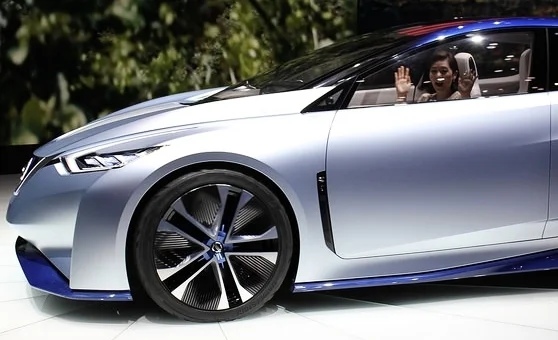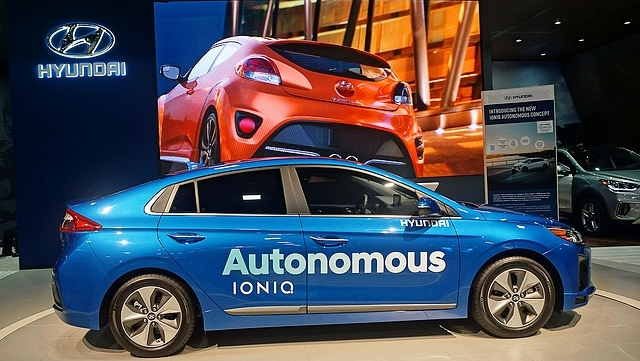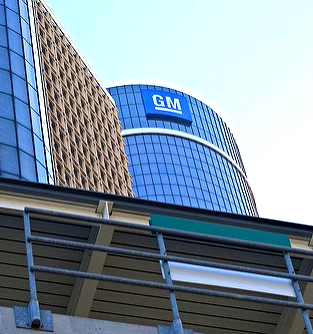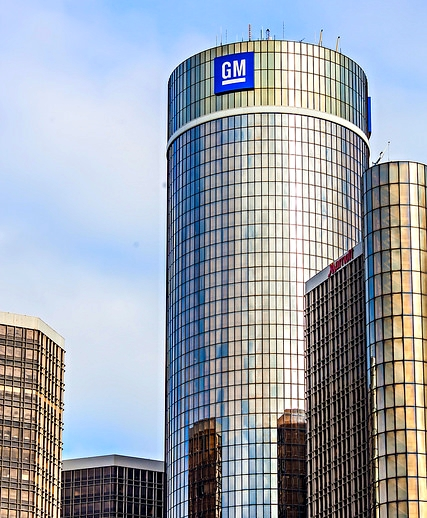Three years after the initial recall was announced and over a decade since the defect was initially detected, General Motors (GM), has been ordered to pay a $120 million settlement regarding their massive ignition switch defect scandal. According to the Detroit Free Press, the settlement was announced on October 19, 2017, and is settling claims in multiple states. The ignition switch defect killed 124 people and injured 275 more.
The defect was found in smaller cars such as the Chevrolet Cobalt and Saturn Ion, which were made by the old GM. The defective ignition switch caused the cars’ engines to stall and prevented airbags from deploying, all while the car was in motion. GM recalled 2.7 million vehicles in 2014 due to this issue. The state of Michigan will be receiving $4.3 million, which will be put in the state’s general fund. The settlement does not include payments GM has made/is making to families of those killed or injured in accidents caused by the defective ignition switch.
The recall is one of the largest in the U.S., and has a timeline spanning over a decade. The Michigan Attorney General’s Office said in a statement that "certain employees of GM knew as early as 2004 that the ignition switch posed a safety defect because it could prevent airbags from deploying. However, despite this knowledge, GM personnel decided it wasn’t a safety concern and delayed making recalls. GM continued to market the reliability and safety of its motor vehicles which were equipped with this defective ignition switch.”
According to NPR, GM first noticed a problem with the defective ignition switch in 2001 during pre-testing of the Saturn Ion. An inquiry was launched looking into this, and was closed in 2003, saying the problem had been fixed. GM again noticed the same defect in 2004 during production of the Chevrolet Cobalt, but rejected a proposal in March of 2005 to fix the issue due to the time and money it would require. In December of that same year, GM released a statement saying the defect occurs when "the driver is short and has a large and/or heavy key chain...the customer should be advised of this potential and should ... [remove] unessential items from their key chain, ” but did not issue a recall.
Fast forward to 2007, and the National Highway Traffic Safety Administration (NHTSA) launched a probe into the issue, but closed it saying they found no correlation between the faulty ignition switch and the complaints they received. Another NHTSA probe of the issue was opened and closed in 2010. By the end of 2013, GM had officially linked the faulty ignition switch to 31 car collisions and 13 deaths. Finally in February of 2014, the defect was officially reported to the NHTSA and the initial recall was launched. More recalls were issued in March, April, and May of that year.
On the day the settlement was announced, GM said in a statement that “the resolution includes a financial component, and assures GM will continue ongoing improvements made to ensure the safety of its vehicles. These improvements include continuation of a new organizational structure devoted to global vehicle safety and the company’s Speak Up for Safety program.”
Hopefully, GM is serious about this commitment to safety, and another car safety recall such as this could be avoided. While recalls are often for relatively minor issues, the number of injuries and fatalities due to the GM ignition switch defect shows that recalls need to be taken seriously. Drivers need to pay attention when recalls are announced, and be proactive about checking their car’s VIN number to make sure their vehicles are safe to drive. While some mechanical issues are impossible to predict, knowing if your car is under recall is something all drivers are responsible for, not only for their own safety, but for the safety of their passengers, other drivers, and pedestrians.
Regardless of whether or not your vehicle is under recall, car accidents due to mechanical failures happen. If you or a loved one have been involved in a motor vehicle accident due to a recall, call The Michigan Law Firm, PLLC at 844.4MI.FIRM for a free legal consultation.












